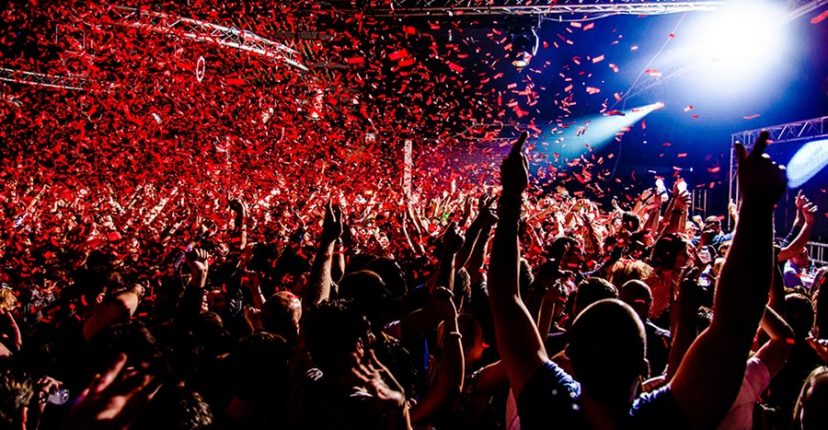“Event” is a broad term. It can be anything from the local car dealers’ drinks party to worldwide happenings such as the Olympic Games and the Oscars ceremony. We will, of course, not be able to teach you everything about event marketing, but we can offer you the most essential knowledge and give some useful tips that can be handy to know when you arrange your event.
We guess that the readers of this course are planning for an event that is closer to the car dealers’ drinks party than the Olympic Games. The example of a drinks party is not meant to belittle the local level – but this small guide will be able to be applied at higher levels than that.
What is an event, really?
An event is an arrangement or occasion that aims to promote or communicate something. The event is often part of a plan for how a company or an organisation intends to market itself, and the different parts of the event are carefully thought-out so that the company’s ideas and values are given full expression.
The event as a marketing tool is a fairly new phenomenon. It is said to have got its breakthrough in the 1984 Los Angeles Olympics, where the organisers let sponsors not only expose their brands during the event itself but also in their other marketing. Penetration was so great and the effects were seen so quickly, that sponsorship of even small events has increased sharply ever since. Events became quite simply an essential element in most major companies’ communication plans. A report by the Swedish Institute for Advertising and Media Statistics, showed that sponsorship and events accounted for 13.2 percent of media output in 2009.
Why is this? A reasonable explanation can be found in today’s increasingly crowded media landscape. More and more TV channels are available every year. Interactive solutions and social media take up an ever larger part of people’s lives. The web, where a swarm of marketers fight for our attention, has become mobile.
But we can ignore all such messages if we want to. Today, we can pick and choose from the information market and take that which we feel most entertained by. This makes it necessary to come up with something special to capture attention.
An event should be an outstanding experience. The idea is to offer your target group something extra special. He or she should feel specially chosen. If you succeed in this, you will have your customer’s undivided attention for the entire event. This presents good opportunities to build relationships by letting the customer experience your message with all their senses.
A newspaper advert appeals to only one of our senses – the sense of sight. Radio advertising only does so to our sense of hearing. TV advertising is said to be more effective than both of these, because it appeals to two senses simultaneously. An event does not limit itself to a couple of our senses. It takes into account all our senses: sight, hearing, touch, taste and smell.
But the most successful element of an event should still be the most basic part of human communication – the meeting. And here we’re talking about real meetings. We have the opportunity to meet anyone we want on the internet nowadays. But the meetings we remember, and where we form the most persistent relations, still (and probably always will) take place in real life.
In coming sections, you will find out the key ingredients to have a successful event and to give you the best results in your relationship-building.
Try this out: Free event planner software




